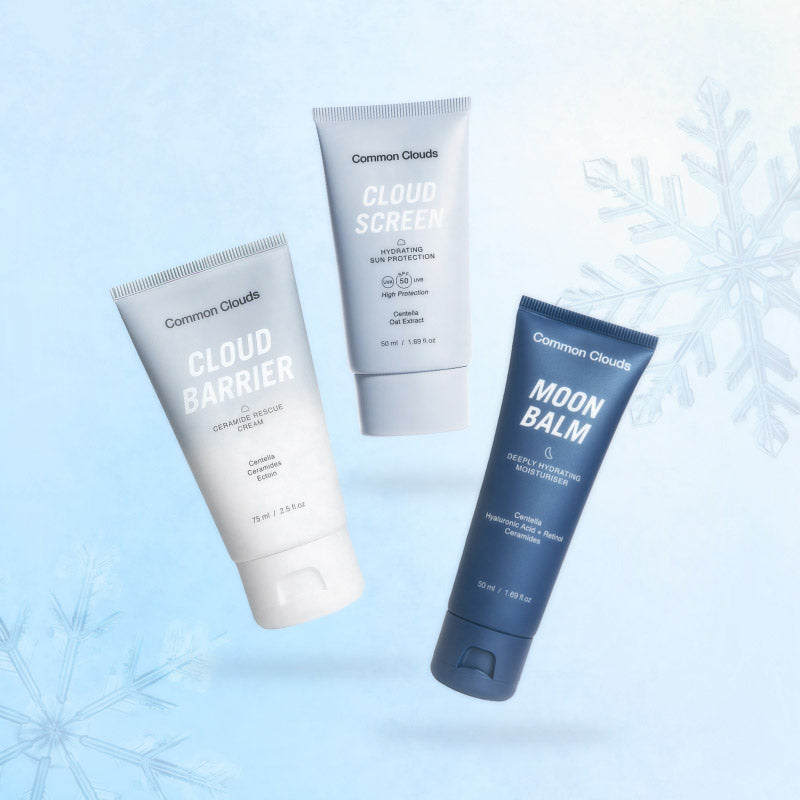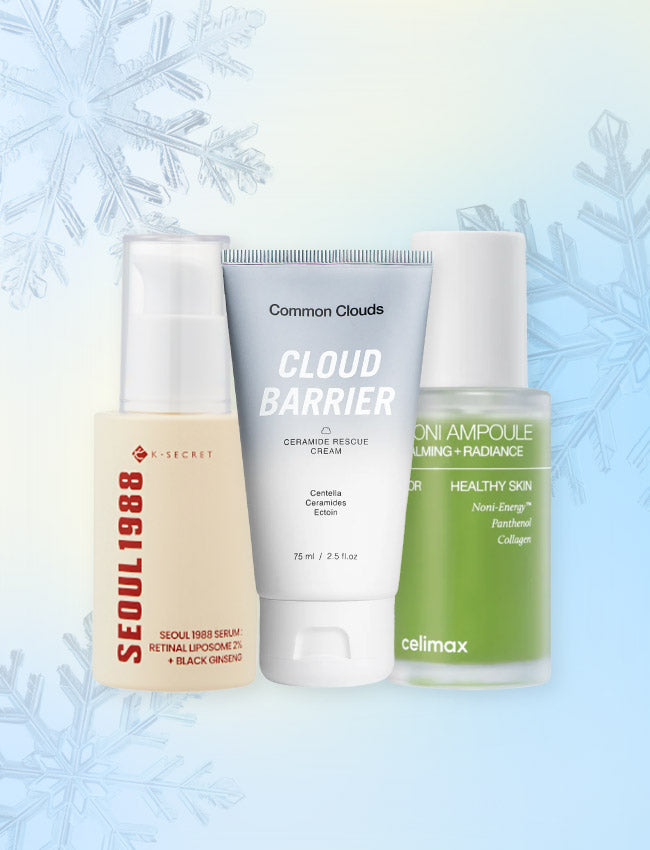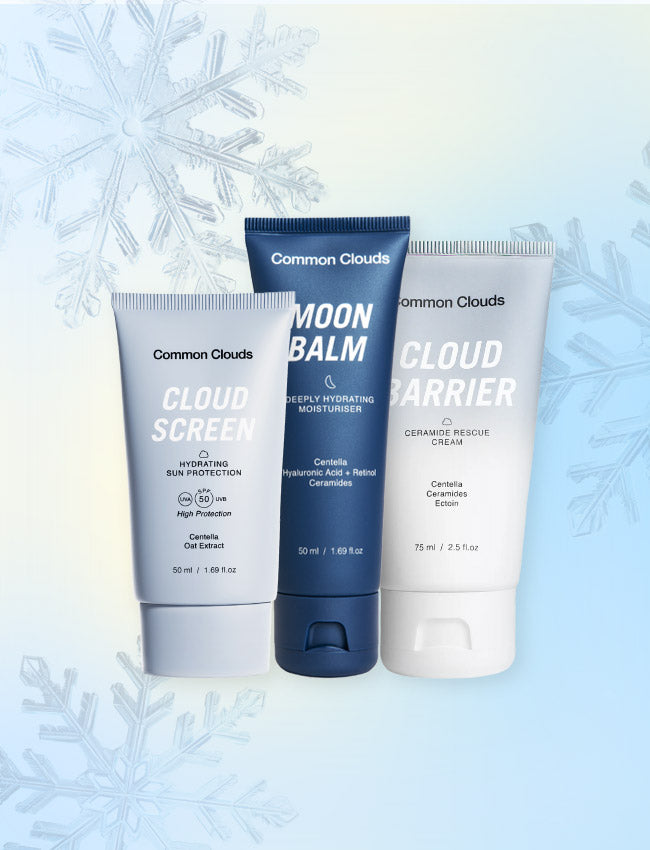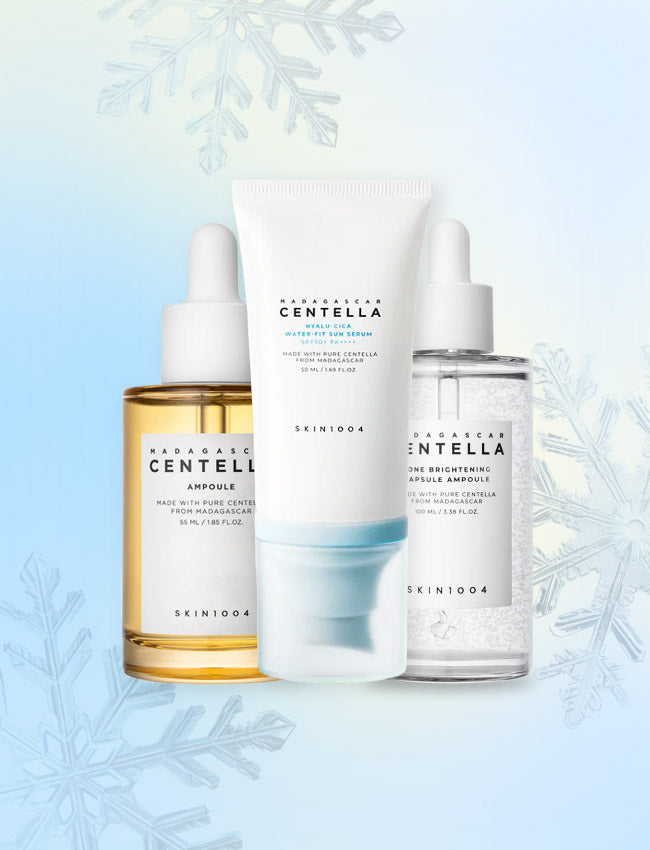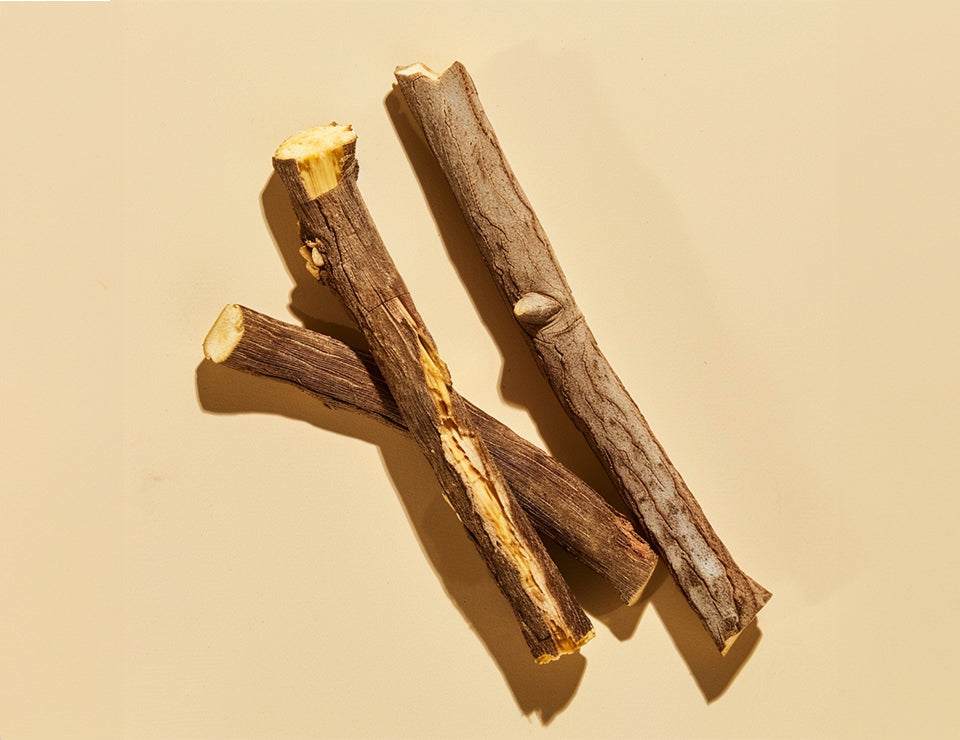Allantoin Overview
- Origin: Occurs naturally in many organisms but is usually produced synthetically to ensure the highest purity and effectiveness.
- Effects: It soothes and moisturizes, promotes cell renewal, and supports wound healing.
- Ideal for: People with sensitive, dry, or irritated skin prone to redness.
- Concentration: Effective at concentrations as low as 0.1%.
What is allantoin and how does it work?
Allantoin is a heterocyclic organic molecule derived from uricase, an enzyme that breaks down uric acid. In skincare, it works on several levels:
- Soothing Effect: Helps to calm the skin and reduce irritation. This is especially beneficial for sensitive skin or skin irritated by environmental factors.
- Moisturizing: It has hydrating properties that make the skin soft and smooth. It supports moisture retention in the skin, combating dryness and strengthening the skin barrier.
- Promoting Wound Healing: Has significant healing properties. Studies have shown that it promotes wound healing by encouraging cell proliferation and extracellular matrix synthesis, leading to faster restoration of skin integrity.
- Anti-inflammatory and Antioxidant: Reduces inflammation and protects the skin from oxidative stress. This helps to calm the skin and minimize damage from free radicals.
- Antimicrobial Properties: Some studies have shown that it has antimicrobial effects, which can help prevent infections and promote skin health.
How to use it
- Frequency of Use: Can be used daily, both morning and evening. Due to its high compatibility, it is suitable for regular use without causing irritation.
- Concentration: Allantoin is effective in low concentrations. Most skincare products contain this ingredient in concentrations ranging from 0.1% to 2%.
- Combination with Other Active Ingredients: Can be easily combined with other active ingredients. It is recommended to pair it with other soothing ingredients.
Is Allantoin Harmful?
Allantoin is generally considered safe for use in skincare products. It is used in concentrations of up to 2%, which is deemed safe. Numerous studies have shown that it is non-toxic, non-irritating, and non-allergenic.
References
- Paller, A.S., Browning, J., Nikolic, M. et al. Efficacy and tolerability of the investigational topical cream SD-101 (6% allantoin) in patients with epidermolysis bullosa: a phase 3, randomized, double-blind, vehicle-controlled trial (ESSENCE study). Orphanet J Rare Dis 15, 158 (2020).
- Araújo LU, Grabe-Guimarães A, Mosqueira VC, Carneiro CM, Silva-Barcellos NM. Profile of wound healing process induced by allantoin. Acta Cir Bras. 2010 Oct;25(5):460-6. doi: 10.1590/s0102-86502010000500014. PMID: 20877959.
- Saucedo-Acuña RA, Meza-Valle KZ, Cuevas-González JC, Ordoñez-Casanova EG, Castellanos-García MI, Zaragoza-Contreras EA, Tamayo-Pérez GF. Characterization and In Vivo Assay of Allantoin-Enriched Pectin Hydrogel for the Treatment of Skin Wounds. Int J Mol Sci. 2023 Apr 17;24(8):7377. doi: 10.3390/ijms24087377. PMID: 37108540; PMCID: PMC10138972.
- Vlad RA, Dudici Vlăgea TC, Syed MA, Antonoaea P, Rédai EM, Todoran N, Cotoi CT, Bîrsan M, Ciurba A. Impact of the Preparation Method on the Formulation Properties of Allantoin Hydrogels: Evaluation Using Semi-Solid Control Diagram (SSCD) Principles. Gels. 2024 Jan 12;10(1):58. doi: 10.3390/gels10010058. PMID: 38247781; PMCID: PMC10815641.
